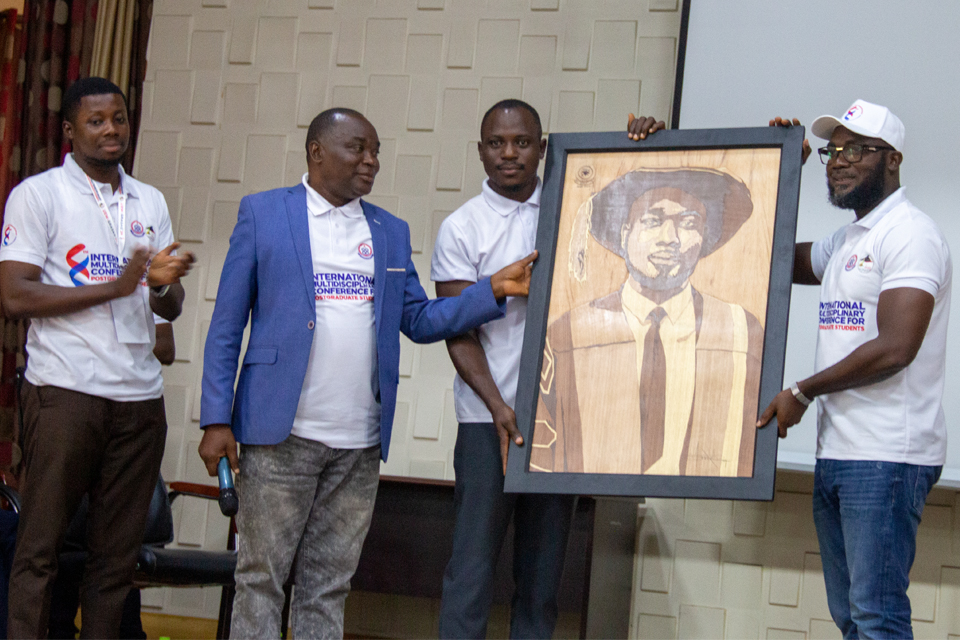Prof. Ghansah Advocates Responsible Application of AI in Research
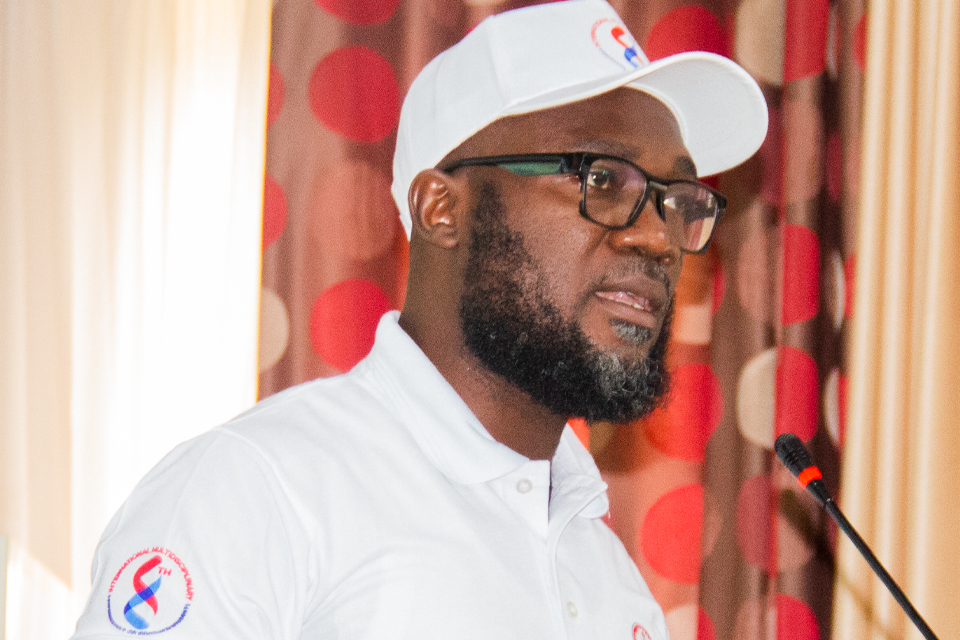
Prof. Benjamin Ghansah, Head of the Department of Agricultural Science Education at the University of Education, Winneba (UEW), has called for the responsible use of Artificial Intelligence (AI) tools in research.
He accentuated the importance of researchers understanding the underlying principles of AI before applying them. Prof. Ghansah made these remarks at the 8th International Multidisciplinary Conference for Postgraduate Students (IMCfPS) closing ceremony, organised by the UEW Chapter of the Graduate Students’ Association of Ghana (GRASAG).
Speaking at the event, Prof. Ghansah asserted that AI tools could be instrumental in accelerating and expediting research. However, he cautioned that relying solely on these tools without a proper understanding could lead to inaccurate and unreliable results.
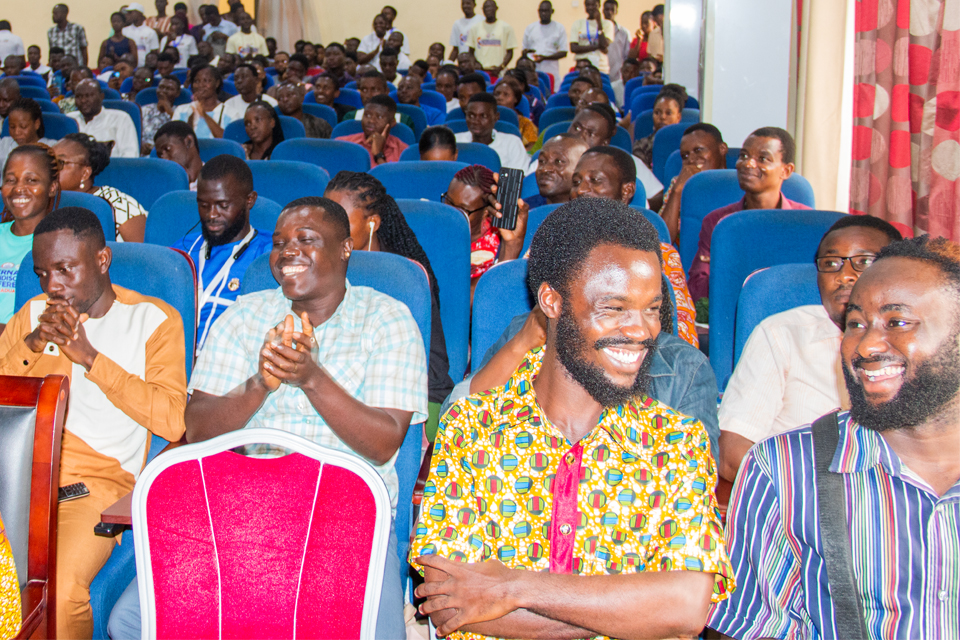
"The use of AI tools in research is not a replacement for human intelligence, but rather a means to augment and enhance our capabilities. It is crucial to understand the underlying principles of AI and how to apply them responsibly," he affirmed.
Prof. Ghansah highlighted the importance of comprehending the problems and solutions that AI tools are designed to address, using the example of EndNote for generating reference lists. He also stressed that utilising AI tools without recognising their limitations and potential biases could result in flawed research.
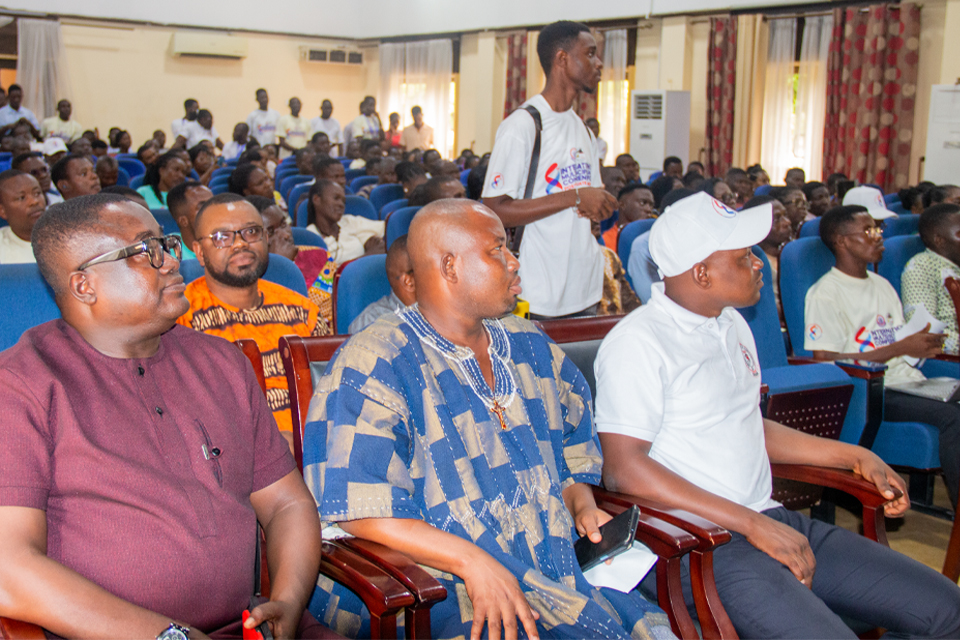
During his address, Prof. Ghansah enlightened participants on various AI tools and their applications in research, including grammar tools such as Trinka, Grammarly, Pro Writing Aid, Squiresmoke, and Hemingway Editor, which assist students in writing and proofreading their work. He also discussed the applications of machine learning, natural language processing, and deep learning. Additionally, he explored the advantages and disadvantages of using AI in research, such as improved accuracy and reliability, the exploration of complex data patterns, biases, and ethical implications.
He encouraged postgraduate students to use specific tools for designated roles and to stay informed about biases and inaccuracies. He also urged faculty members to embrace AI, stating that it is here to stay. Quoting Confucius, he said, "I hear and I forget. I see and I remember. But I do and I understand," emphasising the need for faculty to understand how AI works to prevent students from misusing it.
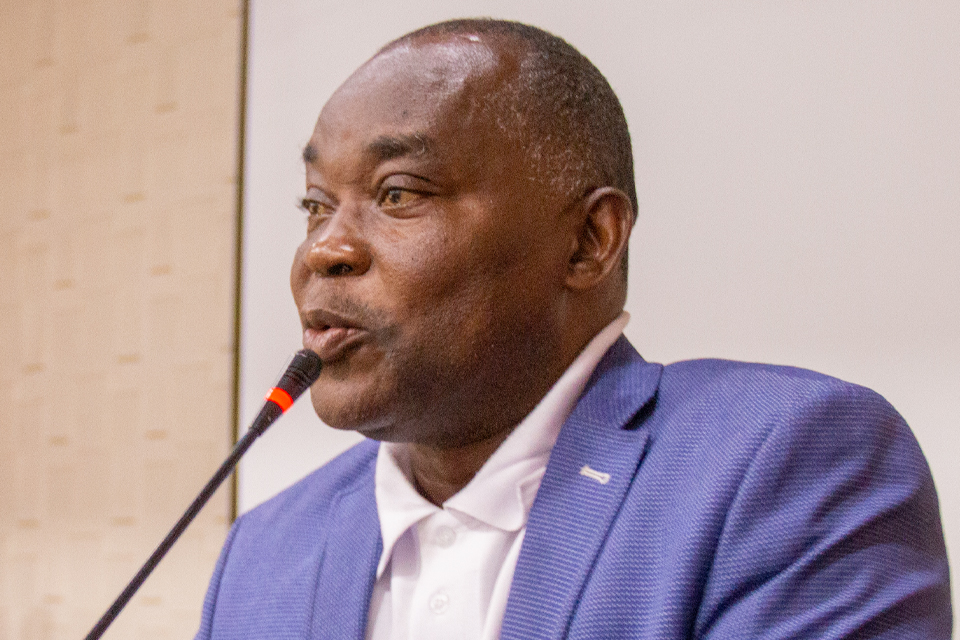
Prof. Samuel Kwesi Asiedu-Addo, chairman of the ceremony, commended the executive of GRASAG-UEW and participants for making the conference memorable. In his remarks, he underscored the significance of using AI responsibly, highlighting the advantages of AI tools in enhancing academic writing, research, and productivity. He urged students to explore AI tools but also cautioned against excessive reliance on the technology. Additionally, he encouraged participants to submit their papers for publication.
Prof. Asiedu-Addo praised the university's faculty for their dedication and hard work. He expressed hope that next year's conference would be even bigger and better, with more abstracts and presentations. The 8th IMCfPS at UEW stands as a testament to the university's commitment to pioneering responsible AI use in research, fostering a collaborative environment where scholars and experts can share insights, inspire innovation, and drive academic excellence.
Source: Department of Media Relations - UEW
